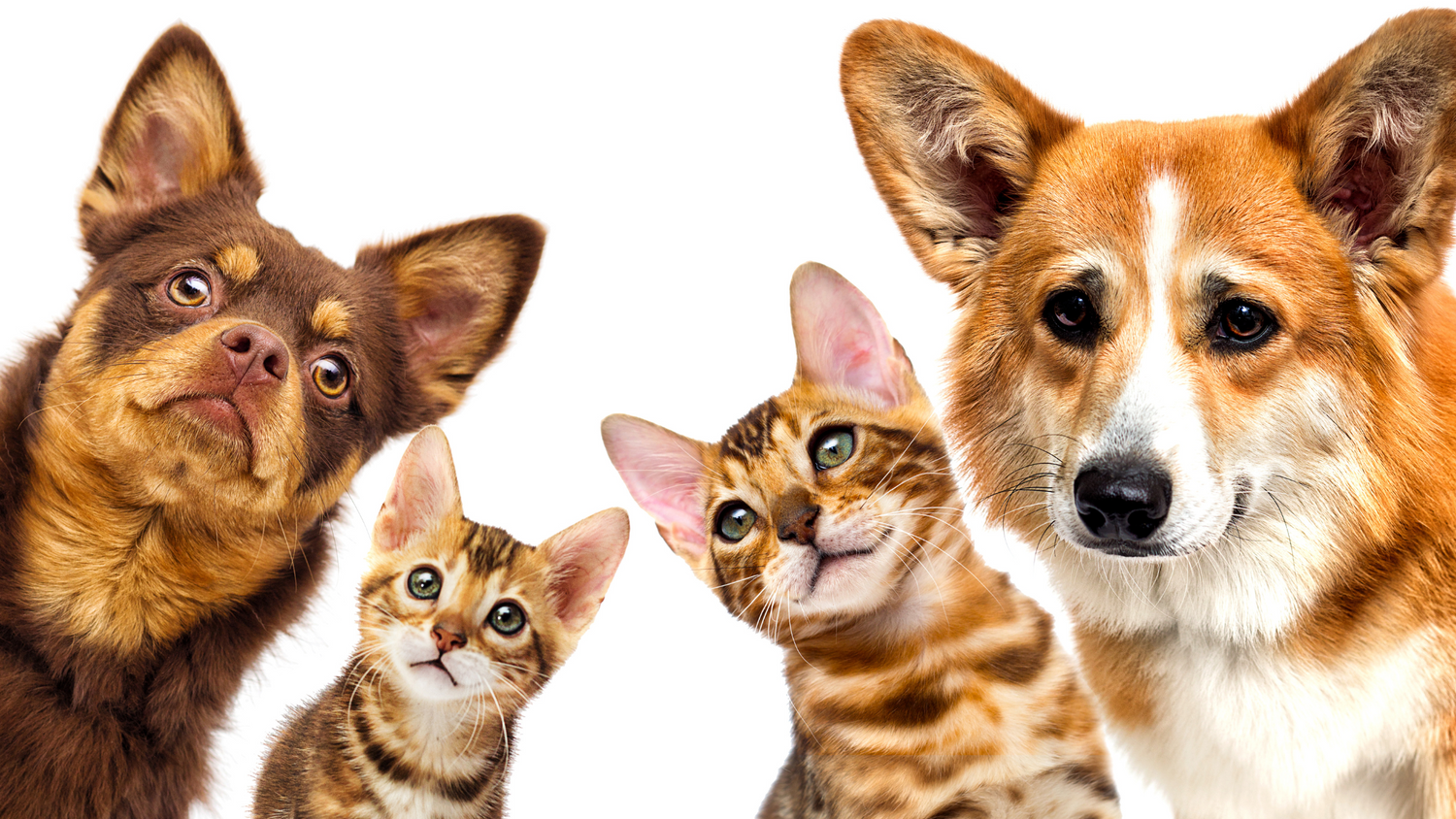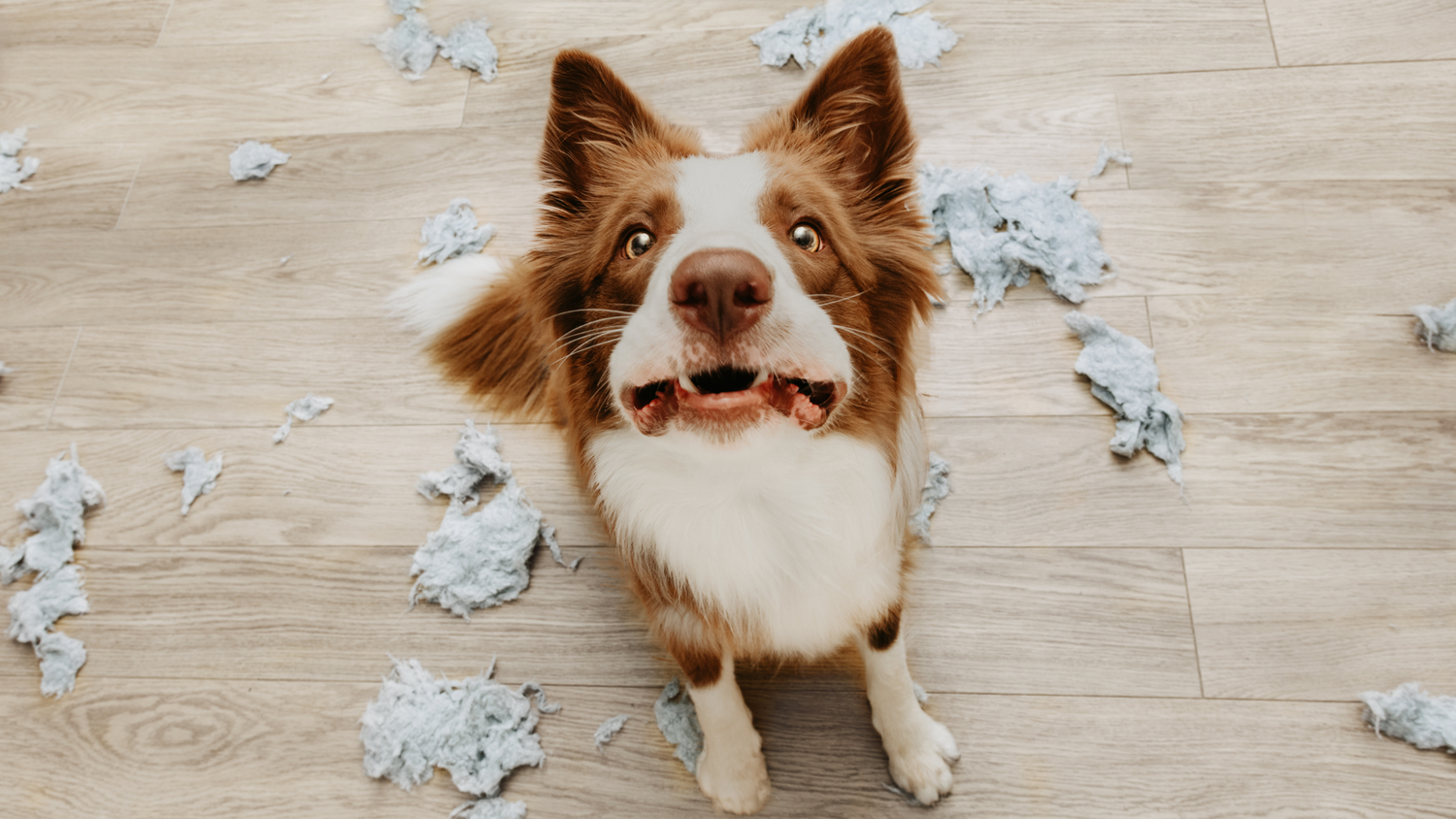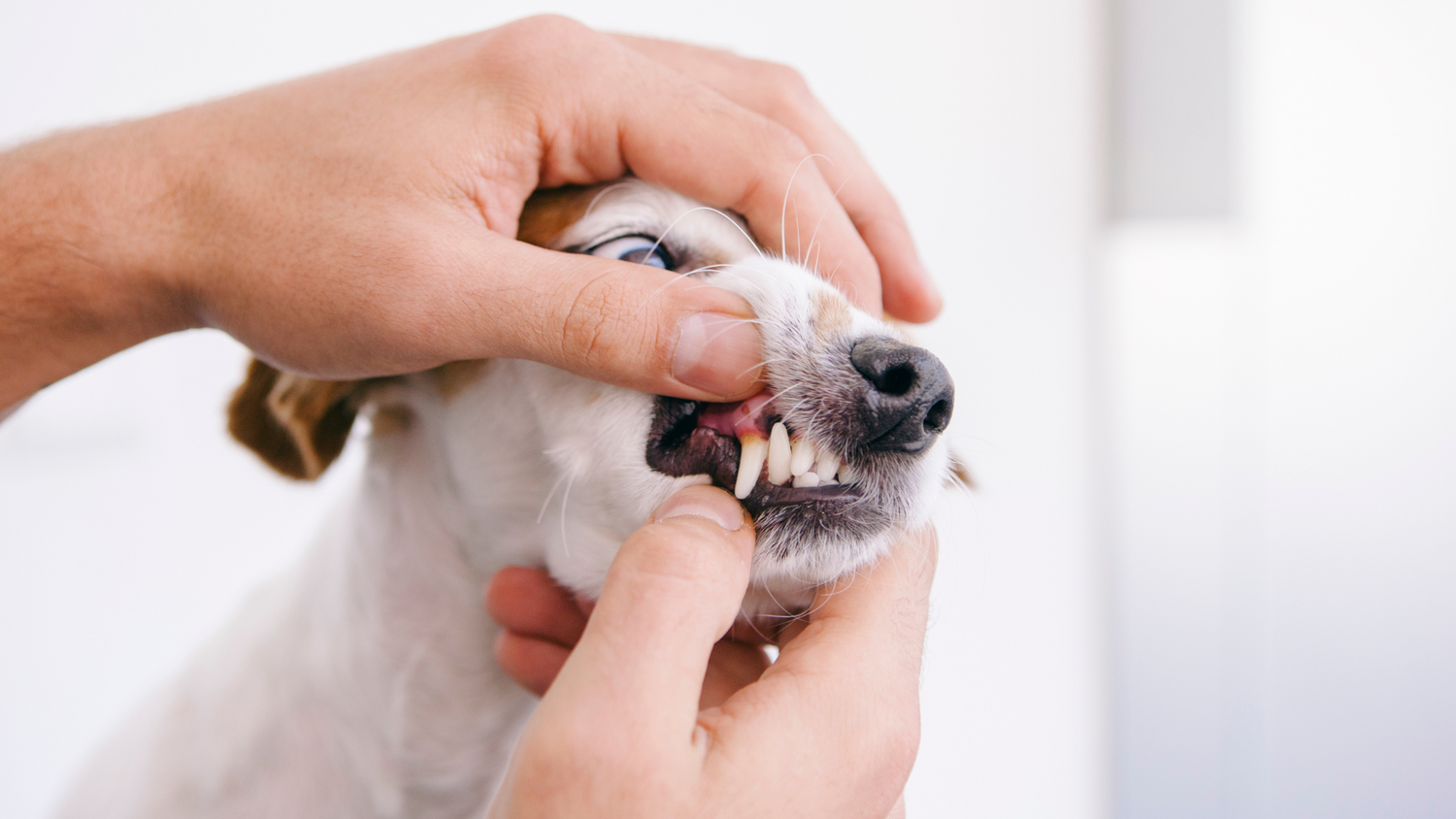Our dogs are our precious little babies, so when something seems a bit different or “off” about them, like a dry warm nose, we start to worry. Is my dog okay? Is it sick? Should I go to the vet?!
Most dog owners would probably tell you that a cold, wet nose on their furry friend is a sign of health. Likewise, many believe a dog is unwell when his nose is dry - but is this true?
Why Is A Dog’s Nose Wet, Anyway?
Before we get into the debate, we first need to understand why dogs have wet noses in the first place. It’s pretty simple: wet noses work better. Dogs can smell up to 10,000 times better than their hoomans, and their cold, wet nose is vital to them experiencing the world around them through smell.
A healthy dog’s nose is moist due to a layer of mucus secreted by their nasal lining that captures and preserves scents. This enhances their ability to smell. Frequent nose licking also helps to moisten the nose and transfer those scents to the inside of their mouth.
Another reason a dog’s nose is naturally wet is because it is trying to cool itself down. Dogs don’t have sweat glands like humans. Instead, dogs “sweat” from their noses and their paw pads. It is thought that as the saliva evaporates, it cools down the surface area of the nose and in turn, the blood circulating through it. This blood then circulates through and cools the rest of the dog’s body.
Should I Be Worried About My Dog’s Dry Nose?
Not necessarily! There are many perfectly normal reasons why a dog’s nose might be drier than usual. Some of these include:
- Just woke up - sleeping dogs don't usually lick their noses, so they may wake up with a dry and warm nose.
- Breed traits - flat faced breeds like pugs and bulldogs have difficulty licking their noses because of their short snouts. Other breeds that are prone to blocked tear ducts, such as poodles, can also have a dry nose.
- Senior dogs - older pups tend to have drier noses. This just comes with age, like wrinkles and grey hairs in humans. No need to stress!
- Dehydrated from exercise - strenuous exercise makes dogs dehydrated, just like it does for humans. If you’ve just gone for a walk, or he’s been running around playing, he’s going to be dehydrated. The nose should return back to it’s usual wet state once he rehydrates.
When To Be Concerned
While a temporary dry nose is usually not a cause for alarm, sometimes a dog’s dry nose can be a side effect of a medical issue.
If a dry, crusty, and/or flaking nose is accompanied by other symptoms including: runny nose, frequent sneezing, difficulty breathing, reverse sneezing and/or loss of appetite; this could be a sign of trouble. In this case, you should visit your veterinarian.
Some possible reasons for a dog’s persistent dry nose are:
- A sunburn - if your dog’s been soaking up the sun for too long, and has a dry, red nose or the nasal skin is flaking, a sunburn might be to blame. This is a common issue for dogs with pale or pink noses that are especially susceptible to sunburn.
- Allergies - dog’s can develop an allergy to all sorts of things, sometimes even later in life. Since dog’s are always exploring the world nose-first, if they have an environmental allergy to something, chances are they’ll show a reaction on their nose. Other symptoms of an allergic reaction include sneezing, itching, hives, watery fluid from the nose, and ear infections.
For itchy skin, we recommend: Pet Drs Derma Cream. This cream is specifically made for dogs who suffer from persistent itching, scratching and biting. Pet Drs use natural ingredients such as Manuka Honey to control the bacteria, Calendula and Gotu Kola to reduce the inflammation, and Avocado, Jojoba Oil, and Shea Butter to hydrate the skin for up to 6 hours.
- Severe dehydration - A dry nose is one of the symptoms of a dog suffering from severe dehydration. Other symptoms include sunken eyes, weakness, loss of skin elasticity and dry gyms. If your dog is experiencing these symptoms, immediately direct them toward fresh water and seek medical attention.
Top Three Tips For Dry Nose
If you dog has a dry nose, start with these three tips:
- Take notes of when your dog’s nose is dry or wet - keeping track of this will help you pinpoint the reason for their dry nose. Is their nose drier during certain times of the year? How often is it dry?
- Try to remove potential allergens - this can be hard, especially when you suspect it may be environmental allergens. However, there are some common allergens you can remove. Plastic allergies are common in dogs, so if you’re using any new plastic bowls, try swapping for stainless steel. If you’ve recently added a new toy to their collection, try removing it to see if their dry nose clears up. Same with household products such as floor cleaners and laundry detergents, which can cause reactions in sensitive dogs.
- Watch out for other symptoms - as we said earlier, a dry nose can be accompanied with other symptoms. This could be a sign of more serious conditions requiring medical attention, including nasal hyperkeratosis, parvo, tooth abscess and ticks and fleas.
How To Naturally Treat Your Dog’s Dry Nose
Does your pup suffer from a dry, cracked nose? This can often cause discomfort or distress to your furry friend.

Nose Balm is the pawfect natural solution to help ease nose-related discomfort! It is a premium ultra moisturising and healing balm that is essential for every dog's daily skincare routine.
Nose Balm contains powerful natural ingredients such as coconut and avocado oils to soothe the nose, while the natural beeswax helps create a long-lasting protective barrier against environmental pollutants. These work together in sync to treat, nourish, and protect your pup’s nose. It can be used all year round to continually promote and hydrate healthy skin!





